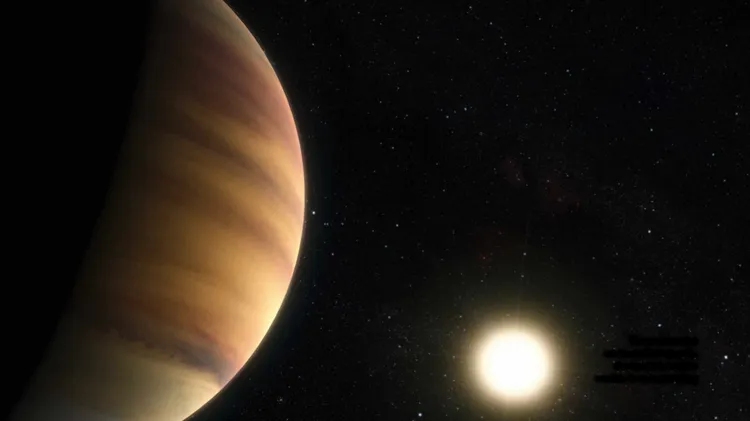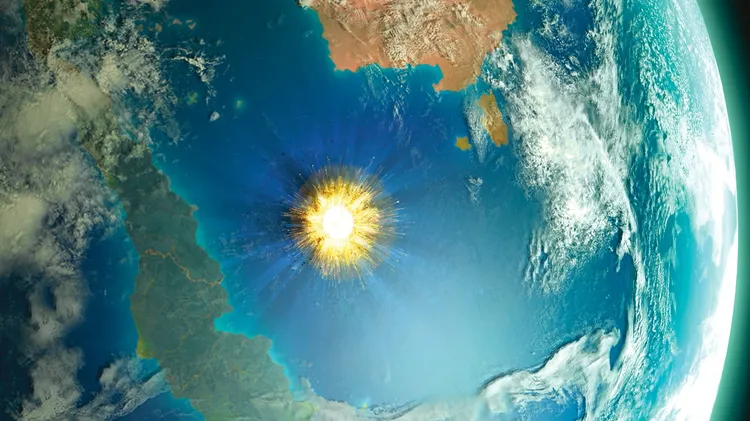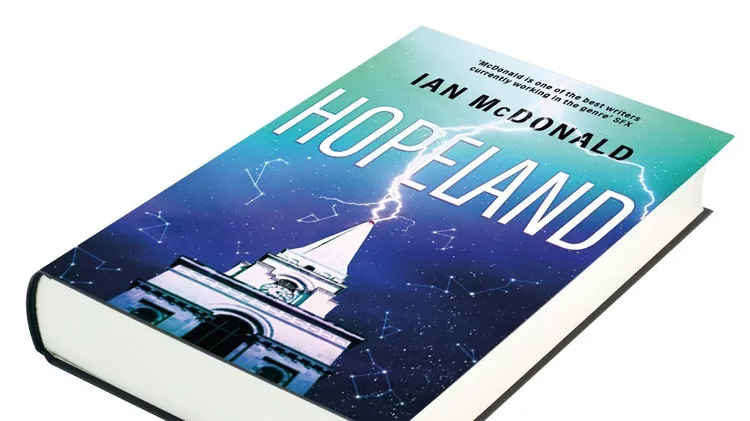Dr Becky Smethurst
“there’s nothing mutually exclusive about being a scientist”
5 min read
This article is from...
Read this article and 8000+ more magazines and newspapers on Readly






